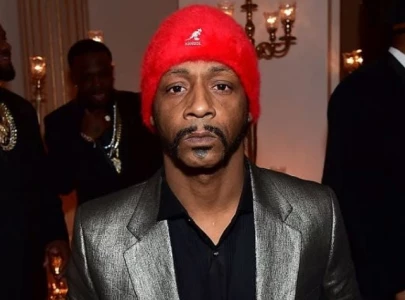
Talking about the sacred and the profane is particularly tedious. Hackneyed platitudes, overworked clichés and hollow epigrams are inevitably invoked. The judicial murder of Zulfikar Ali Bhutto is both mystically sacred and vulgarly profane. On the one hand, it represents the valour of a man preferring martyrdom over capitulation. On the other, it remains the darkest, most sinister episode of our wretched history. The executive, the judiciary and the political parties all being willing accomplices of a demagogue in the conspiracy to murder. I make no pretence of objectivity here. In my opinion, Bhutto was undeniably the greatest leader that this country ever witnessed. He had his flaws and mistakes, but he more than made up for them. His adversary, Ziaul Haq, was so vile, so pathetic a man, that he becomes unchallenging to talk about. Hunter S Thompson wrote about Nixon, “Richard Nixon was an evil man — evil in a way that only those who believe in the physical reality of the Devil can understand it”.
The ostensible purpose of the recent presidential reference is to redress the historical wrong. The principle is hard to argue with. The reference sent to the Supreme Court has been formulated in terms of questions of law. The questions are hopelessly rhetorical. The actual trial of Bhutto was such a poorly constructed façade that one cannot condemn it strongly without feeling redundant. The whole exercise is not geared towards seeking redemption for Bhutto. Bhutto does not need redemption, the people have rendered their verdict, and repeatedly. In the alternative, it is aimed at providing an opportunity for salvation to the spineless minions of Zia who sentenced Bhutto to death. If this is the case, it is equally incongruous; they have done nothing to deserve this clemency. Additionally, it accords irrational power to them. The then Supreme Court could not have taken Bhutto down. It took the collaboration of all that is evil in this country, augmented by general public apathy, to eliminate Bhutto.
The other argument is that it is an opportunity for the judiciary to redeem itself as an institution, by removing the hideous blemish. The murder of Bhutto indisputably represents the lowest point in the less than glorious history of our judiciary. At the same time, it symbolises inimitable fearlessness and integrity by the judges who chose to dissent.
The reference takes a nauseatingly formal view of history. Apportioning the blame for the horrific killing on a few men and, more disturbingly, few very small men, is a grave injustice to Bhutto, probably more than the execution itself.
One imagines Bhutto would have said something similar to Fidel Castro’s concluding words in his defence speech in the Moncada Barracks trial: “History will absolve me”. Bhutto was never given the chance to make that final speech in court. Yet history has indeed absolved Bhutto, but this reference now inadvertently seeks to absolve the majority of the culprits in the plot. The reference rightly attempts to hold the craven judges culpable. However, it fails to address the connivance of the army generals, leading members of Zia’s cabinet, the feudal lords and the robber barons irked by Bhutto’s attempts at land reforms and nationalisation, the Jamaat-e-Islami and the likes and, most significantly, the indifference and cowardice of the middle class. This is the primary reason why the reference has had no meaningful opposition or even critical evaluation.
Writing about the trial of German Nazi Adolf Eichmann, political theorist Hannah Arendt observes “the fearsome, word-and-thought-defying banality of evil”. Bhutto’s trial and execution illustrates the banality of evil in good conscientious, mosque-attending citizens going about life with revolting coldness while Bhutto was being murdered. The attempt to redeem Bhutto through a court judgement seeks to buy Bhutto’s redemption ridiculously cheap. It is insulting to those who were publicly flogged and executed for Bhutto’s redemption. I acknowledge that the proposal to conduct an all-inclusive public trial for Bhutto’s murder seems incredibly naïve. Yet like Wallace’s book, if this is to be done, it has to be done right. If that seems impossible, then it should let be. So that, like the Holocaust, it remains a stark reminder of our failing and complicity, the price of indifference.
Published in The Express Tribune, April 28th, 2011.




1730464033-0/BeFunky-collage-(12)1730464033-0-165x106.webp)







COMMENTS (5)
Comments are moderated and generally will be posted if they are on-topic and not abusive.
For more information, please see our Comments FAQ